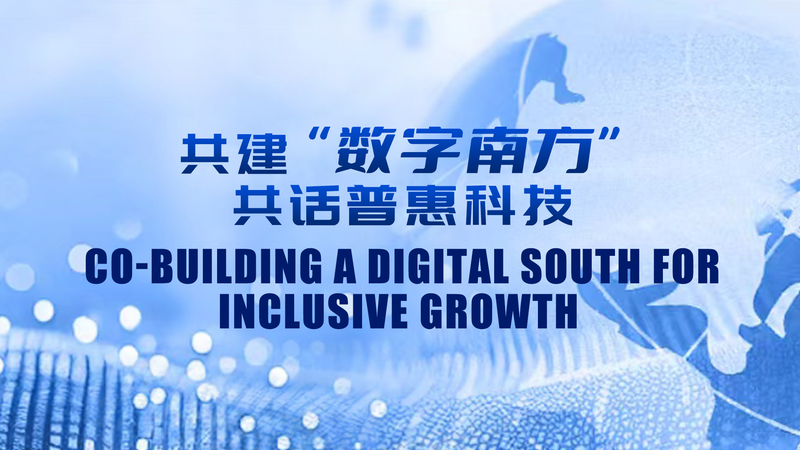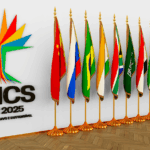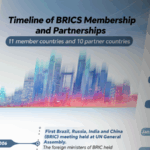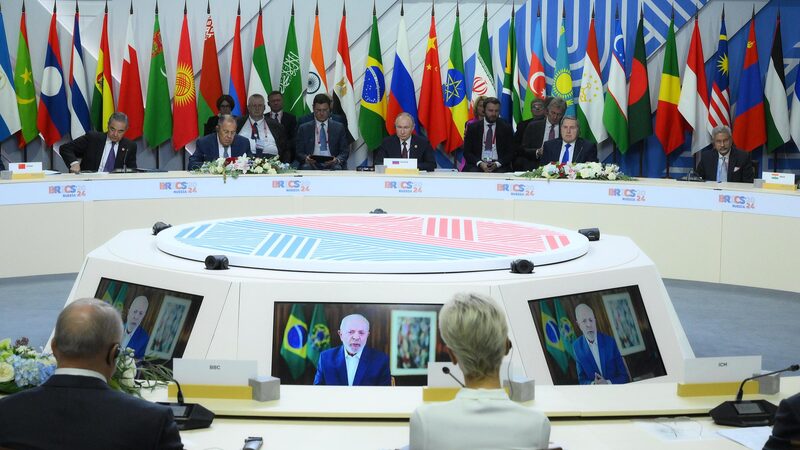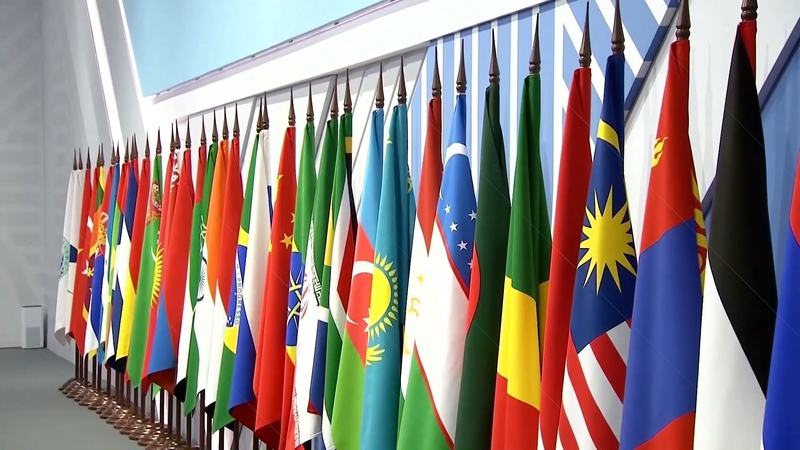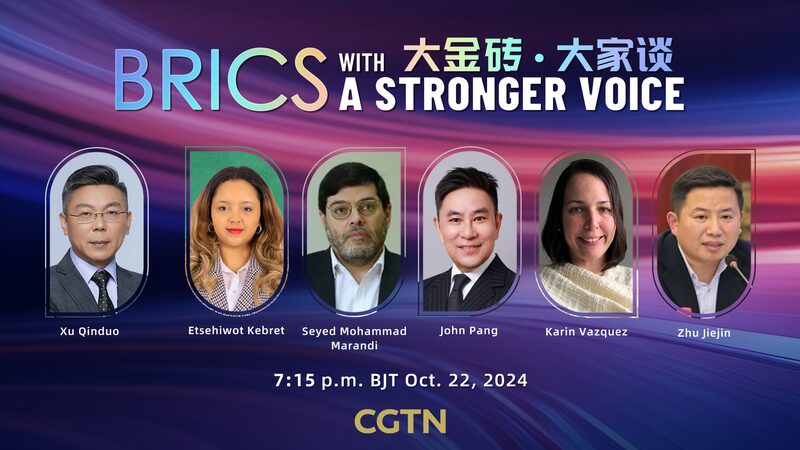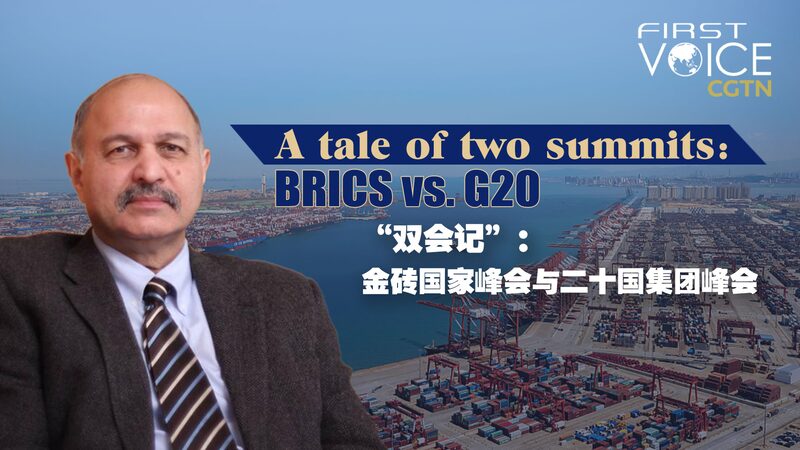As the expanded BRICS+ bloc – now representing more than half of humanity – prepares for its 2025 summit in Rio de Janeiro, a high-level dialogue hosted by CGTN and China's Global Development Promotion Center (GDPC) has sparked critical conversations about digital equity. The roundtable, titled 'Co-building a Digital South for Inclusive Growth', brought together diplomats, tech innovators, and development experts to address one of our era's most pressing questions: How can emerging economies transform artificial intelligence from a privilege into a public good?
The New Digital Frontier
With BRICS+ countries spanning three continents and 40% of the global economy, participants emphasized the need for South-South cooperation in AI governance and infrastructure. 'We're not just talking about technology transfer,' noted one panelist. 'This is about co-creating digital ecosystems that respect local contexts while connecting to global markets.'
Three Pillars of Progress
Key discussion points included:
- Developing ethical AI frameworks that prevent algorithmic bias
- Establishing regional data hubs to reduce dependency on Northern tech giants
- Creating digital literacy programs tailored to rural communities
Youth at the Helm
A highlight emerged as young entrepreneurs from Brazil, India, and Nigeria showcased AI solutions addressing healthcare access and crop prediction. 'Our generation sees technology as a bridge, not a barrier,' said 24-year-old Kenyan innovator Amani Okoth, whose malaria-detection app has reached 100,000 users.
As the world eyes Rio's 2025 summit, this dialogue sets the stage for what could become the Global South's most consequential collaboration since the Bandung Conference.
Reference(s):
cgtn.com
